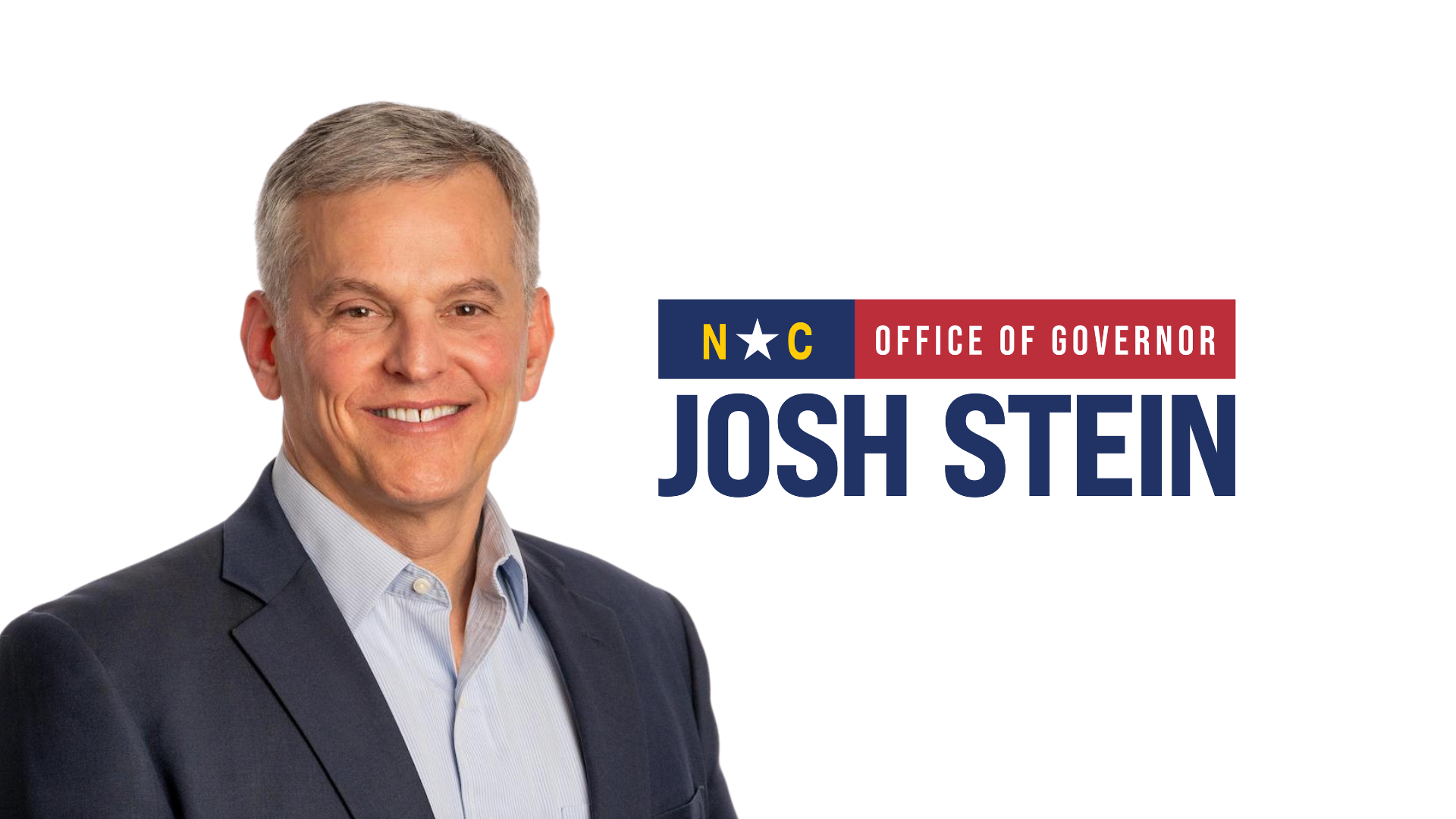John Hood: Fiscal Fantasies Threaten Our Economic Future
RALEIGH — I wrote my first book — about what’s now called corporate ESG (for Environmental, Social, and Governance criteria) — in 1996. After six subsequent works of serious nonfiction, I redirected my authorial energies in 2020 toward writing historical-fantasy novels set in early America. Patriot soldiers battle flying demons. Daniel Boone hunts fire-spitting salamanders. Shadowy mages ensorcell Washington politicians into committing grave errors. Get the picture?
Well, I thought I was writing fantasy. But as I watch events unfold in the nation’s capital, the idea that dark sorcerers prowl the halls of Congress no longer seems fanciful.
The U.S. House has passed a fiscal package that would extend or make permanent key elements of the 2017 tax bill, add on other tax breaks and hikes, and adjust federal expenditures on defense, entitlements, and discretionary programs. Over the next decade, the House plan would reduce the growth in federal revenue by about $3.8 trillion and reduce the growth of federal spending by about $750 billion.
To put these figures in perspective, the Congressional Budget Office projects that under current law, publicly-held federal debt would rise from $30 trillion today to $50 trillion in 2034. If the House plan becomes law — and we experience no serious recession in the meantime — it would rise to $53 trillion by 2034.
To put the figures into further perspective, this is madness!
The national debt is already roughly the size of America’s annual gross domestic product. Under a best-case scenario, pushing it to 150% of GDP and beyond over the next couple of decades will impose a massive financial burden on future taxpayers and consign generations of Americans to bleaker economic and social prospects. Under a worst-case scenario, buyers of federal treasuries will in the interim come to doubt they’ll be repaid and demand higher interest rates to compensate them for the higher risk. Steeper borrowing costs will crimp spending by governments, businesses, and households — triggering economic recession, political chaos, and even national-security risks.
I’m exercising no literary license here. Fiscal facts cannot simply be wished away, as so many politicians (and, yes, voters) seem desperate to do.
The federal budget is structurally and woefully out of whack. Since 2020, revenue has fluctuated between 16% and 19% of GDP. Net federal expenditure has fluctuated between 22% and 31% of GDP. Looking forward, gigantic deficits are the baseline projection. Neither Republican nor Democratic politicians offer a realistic plan for reducing those deficits to a manageable level (3% of GDP or less), much less to balance the federal budget at some point in even the very distant future.
No shining paladin or bespectacled wizard is coming to save us. And there’s no silver bullet with which to slay the deficit beast. Raise taxes on the wealthy? That might edge federal revenue up a point or so of GDP. Eliminate obvious “waste, fraud, and abuse”? Ditto. Not nearly enough.
On the spending side, I’m for pulling back in most areas. But it is an inescapable truth that the main drivers of future federal deficits are entitlements: Medicaid, Medicare, Social Security, and, to a lesser extent, means-tested welfare programs. All require reform. Congress should restructure Medicaid’s reimbursement rates and require non-poor beneficiaries to make reasonable copays for services. It should reduce Medicare and Social Security benefits for high-income retirees. And it should impose real and immediate work requirements on all non-disabled recipients of Medicaid, nutrition supplements, public housing, and other public assistance.
On the revenue side, I’m for getting rid of special-interest tax breaks, cracking down on tax evasion, selling low-priority assets, and maximizing revenue from drilling, mining, and logging on federal land.
Disagree with my priorities? Okay. I acknowledge there are other ways to close deficits, but there are no painless ways to do it. Politicians in Washington — and in Raleigh, where federal dollars finance more than a third of the state budget — will have to make some tough decisions. Their constituents, you and I, will have to let them.
John Hood is a John Locke Foundation board member. His books Mountain Folk, Forest Folk, and Water Folk combine epic fantasy with American history (FolkloreCycle.com).
Are you tired of being bombarded by paywalls and pop-up ads when trying to read the news? Do you believe that access to reliable political news should be free and accessible to everyone? Then we urge you to support NC Political News, a weekly electronic political news outlet.
NC Political News is committed to providing high-quality, unbiased political reporting with columnists from all political sides. Unlike other news outlets, NC Political News is free to read and supported by businesses who purchase ad space on our website and in our newsletter, which goes out Monday through Friday at 7:00 am. This means that readers like you can access the news without being asked to pay a cent or dealing with frustrating advertisements.
However, to continue providing this valuable service, NC Political News needs your support. If you believe in the importance of accessible, free news, we urge you to click the image below. Any amount of support is appreciated.
Together, we can keep the news free and help ensure our state stays informed and connected.




